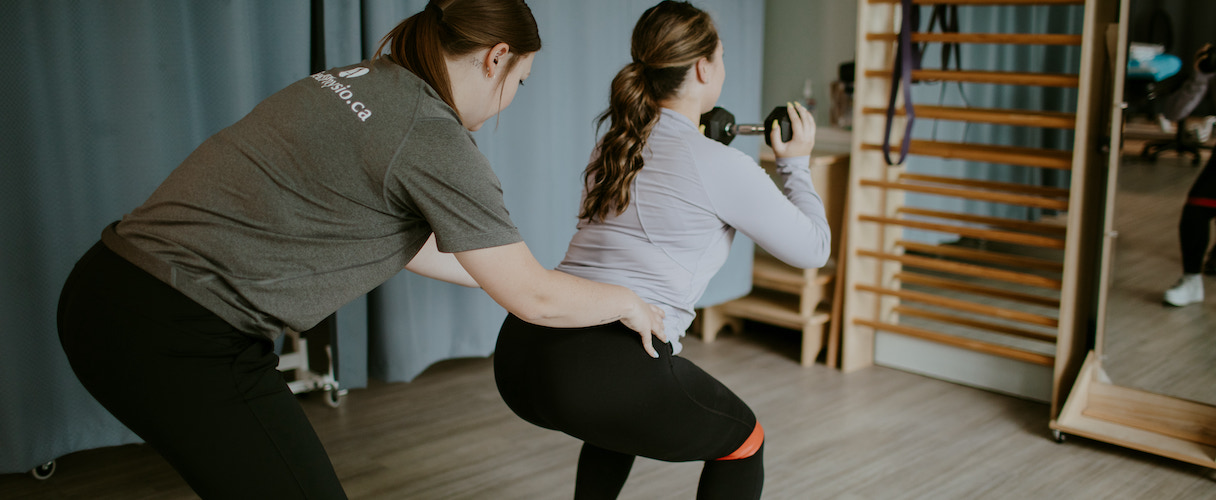When deciding between kinesiology and personal training, it’s important to consider your goals and needs. If you’re recovering from an injury or dealing with chronic pain, kinesiology might be the better choice. Kinesiologists are trained to assess and develop exercises that focus on movement and physical function, aiming to improve how your body works.
For those looking to improve their fitness, lose weight, or build muscle, personal training is often suitable. Personal trainers create exercise plans tailored to your goals and motivation levels. They can guide you through workouts and help you stay accountable.
Choosing between kinesiology and personal training depends on whether you need rehabilitation or fitness enhancement. This distinction can help you make informed decisions for better health outcomes.
Understanding Kinesiology
Kinesiology focuses on studying body movement and how it relates to health. It plays an important role in therapy, rehabilitation, and deciding whether this approach suits your needs.
Fundamentals of Kinesiology
Kinesiology is all about understanding how your body moves. It looks at muscles, joints, and nerves to see how they work together. The study of kinesiology can help in understanding physical activity from a scientific point of view.
Professionals in this field learn about how muscles contract, how energy is used during physical activities, and how posture affects movement. This knowledge helps you know what your body can do and how to take care of it better.
Applications in Therapy and Rehabilitation
Kinesiology can be used throughout therapy and rehabilitation to help people recover from injuries. By analyzing how your body moves, kinesiology can help improve movement patterns, reduce pain, and prevent future injuries.
Kinesiologists work with patients to create exercise programs that target specific needs. These plans can help people regain strength and flexibility, ensuring a smooth recovery. Kinesiology is also useful for managing chronic conditions, as it helps create personalized treatment strategies.
When to choose Kinesiology?
Choosing kinesiology as a treatment can be beneficial if you are interested in understanding your movement patterns or need to recover from injuries. It is also ideal for those managing chronic pain or conditions like arthritis.
This approach is helpful if you want to develop a better fitness plan or improve athletic performance. Kinesiology provides insights into specific body mechanics, making it easier to address movement issues and enhance overall well-being. Consider this path if personal training alone isn’t meeting all your needs.

Visit Our Top Rated Kinesiology & Rehabilitation Clinic in North Vancouver
Come visit the team at North Vancouver Physiotherapy & Sports Clinic for same-day kinesiology and personal training appointments.
Exploring Personal Training
Personal training focuses on fitness goals and personal improvement. It offers tailored exercise plans based on individual needs and fitness levels. Personal trainers guide you in achieving your health and exercise targets while ensuring that workouts are both safe and effective.
Role of a Personal Trainer
A personal trainer designs exercise programs tailored to your specific goals, such as weight loss, muscle building, or endurance improvement. They assess your fitness level, track your progress, and adjust workouts as needed.
They also teach you how to use equipment properly and ensure you perform exercises with the correct form. This reduces injury risk. Personal trainers motivate you to stay committed to your fitness journey.
With a personal trainer, you receive individualized attention and support. They help set realistic goals and provide encouragement to reach them. This hands-on approach can make a significant difference in your overall fitness experience.
Benefits of Personalized Fitness Programs
Personalized fitness programs cater to your unique needs, ensuring that you get the most out of your workout time. These programs consider your fitness level, health conditions, and personal goals. They help you progress at a pace that suits you best.
Benefits include improved motivation, accountability, and efficiency. A tailored workout plan focuses on specific areas you want to improve. This targeted approach can lead to faster results.
Programs can also include a mix of activities, such as strength training, cardio, and flexibility exercises. This variety keeps workouts interesting and helps to prevent plateaus, making it easier to stick with your routine long-term.
When to Choose Personal Training?
You might choose personal training if you have specific fitness goals, like preparing for an event or managing a health condition. Personal training is also beneficial if you’re new to exercise and need guidance on form and technique.
If you struggle with motivation or need accountability, a personal trainer can provide support. They can push you to reach your goals and keep you on track.
Personal training can also be ideal if you want a customized workout plan designed just for you. This tailored approach considers your strengths, weaknesses, and unique needs, ensuring you maximize your workouts.
Conclusion
Choosing between kinesiology and personal training depends on your needs. If you’re looking to recover from an injury, kinesiology might be the better option. Kinesiologists focus on rehabilitation and improving movement. They can support you in regaining strength and flexibility.
On the other hand, personal training focuses more on fitness goals. Trainers help you build strength, improve endurance, and reach your fitness targets. They design workout plans tailored to your abilities and aspirations.
Remember, whatever path you choose, support from experts will guide you toward your goals. Visit us at North Vancouver Physiotherapy & Sports Clinic to explore your options and receive personalized care.